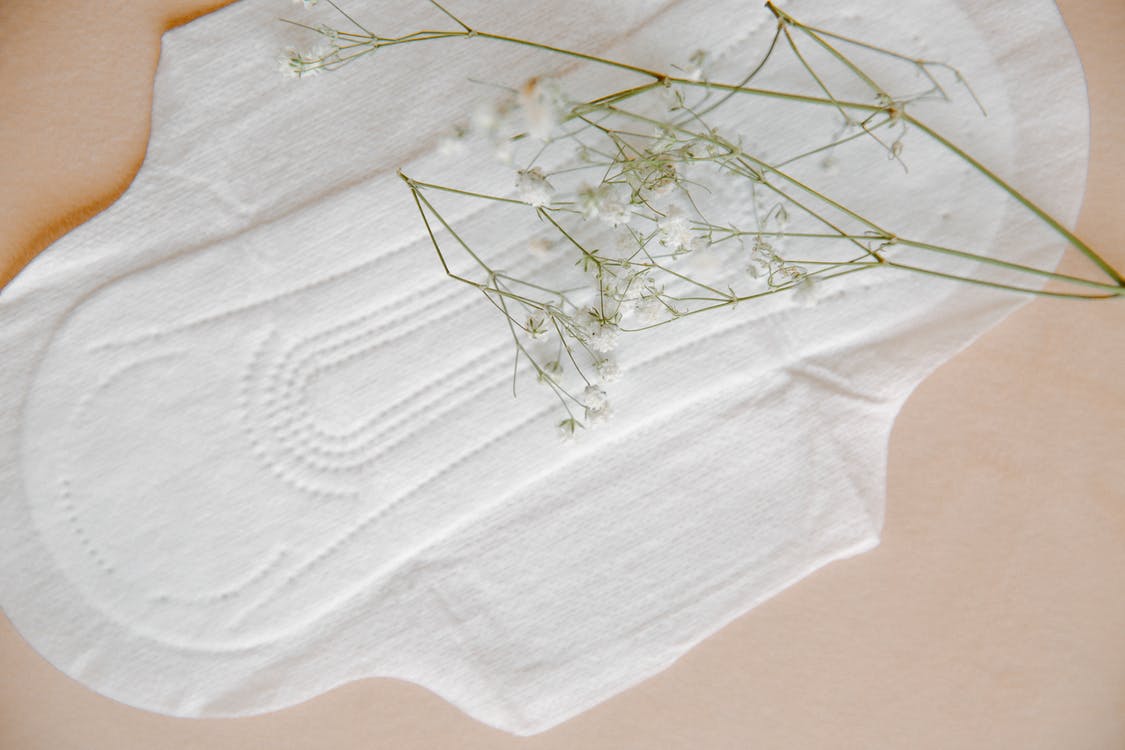Brown discharge instead of a period can have several reasons, but in most cases it is harmless. Often it is spotting or blood mixed with vaginal secretions. Nevertheless, there can sometimes be serious diseases behind it.
There are many reasons why brown discharge occurs
Spotting and brown discharge instead of your period can be for a number of reasons.
- Brown spotting can occur during pregnancy.
- Outside of pregnancy, the brown discharge can sometimes be a first sign of pregnancy. However, this should be clarified again by a gynecologist.
- Such a discharge can occur during the period, but often this type of brownish spotting occurs at the beginning and end of the menstrual period, as the older blood is oxidized here and thus takes on the brownish color.
- Spotting can occur regardless of age. Before the first period, during the cycle but also during the menopause. In most cases, the discharge here is not only brown but also yellow.
- Note: Whether the discharge is white, clear or discolored, some amount of vaginal discharge is perfectly normal. However, certain consistencies and colors of the discharge can also be a first indication of serious diseases. Therefore, to be on the safe side, you should always consult a doctor.
- Incidentally, it is quite easy to explain why the discharge turns brown. In any case, it means there’s blood. One component of blood are the red blood cells. They contain a protein called hemoglobin, which roughly speaking is responsible for carrying oxygen in the blood.
- Iron is required for the formation of hemoglobin, which is also required by the red blood cells. When iron comes into contact with oxygen, it oxidizes. Just as iron turns brown as rust forms, blood also turns brown.
- Such oxidation occurs in blood when it is flowing very slowly or standing for a while. This is why, for example, menstrual blood often has a brownish color at the beginning and end of the period.
Brown discharge during pregnancy
Brown discharge can often be related to pregnancy.
- Brown spotting may be implantation bleeding. This can be a sign of pregnancy. It is best to do a pregnancy test to be on the safe side.
- But discharge can also occur in early pregnancy. However, such spotting often does not pose a great danger, but it is always better to have it checked by a doctor or midwife.
- Although this spotting is often harmless, it can still be a sign of something more dangerous, such as an ectopic pregnancy. Therefore, you should always contact a doctor with a colored discharge.
- When the pregnancy ends with childbirth, the weekly flow exits the vagina. The bleeding is brownish rather than reddish. So, for this discharge, the brown color is normal.
Brown discharge outside of pregnancy
But even if you are not pregnant, you may experience spotting and brown discharge. They are mostly harmless and only last for a short period of time. Nevertheless, such spotting should always be clarified by a doctor. Spotting outside of pregnancy can be due to the following reasons.
- In rare cases, bleeding may indicate uterine or cervical cancer.
- In most cases, however, the causes are harmless, such as hormonal fluctuations. After stopping the pill, the hormones and the menstrual cycle may need a while before they settle down again as usual. Until then, there may be spotting. Hormone-related spotting can also occur during menopause.
- Bleeding between periods can also occur when using hormonal contraceptives such as the spiral and the pill.
- Bleeding can also occur briefly during ovulation – the so-called ovulation bleeding.
- Another reason for spotting can be, for example, inflammation of the ovaries and fallopian tubes. Such inflammation can lead to severe pain and in the worst case to infertility and should therefore be checked by a doctor immediately.
- So-called fibroids, i.e. benign tumors in the muscle layer of the uterus, can also lead to such a discharge. They can also cause menstrual problems.
- Another condition that can be behind spotting is endometriosis. This painful and chronic disease can, among other things, stand in the way of the desire to have children.
- Spotting can also be psychological. Too much stress and constant strain can also affect the cycle and ultimately mess it up.
When does brown discharge become a problem?
There are some very clear indications that you should see a doctor about your spotting or discharge as soon as possible to determine the cause. These include the following symptoms:
- Strong drawing in abdomen
- Severe itching
- Burning in the vagina and when urinating
- Unpleasant smell (usually fishy smell)
- Redness and swelling of the vagina
- Grayish discharge
- Crumbly, crumbly discharge
- Symptoms of infection elsewhere in the body, such as a high temperature or hot flushes


